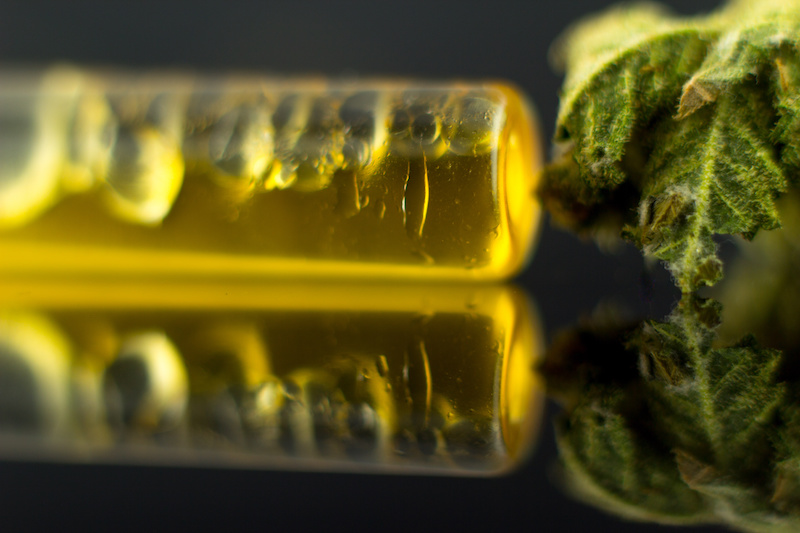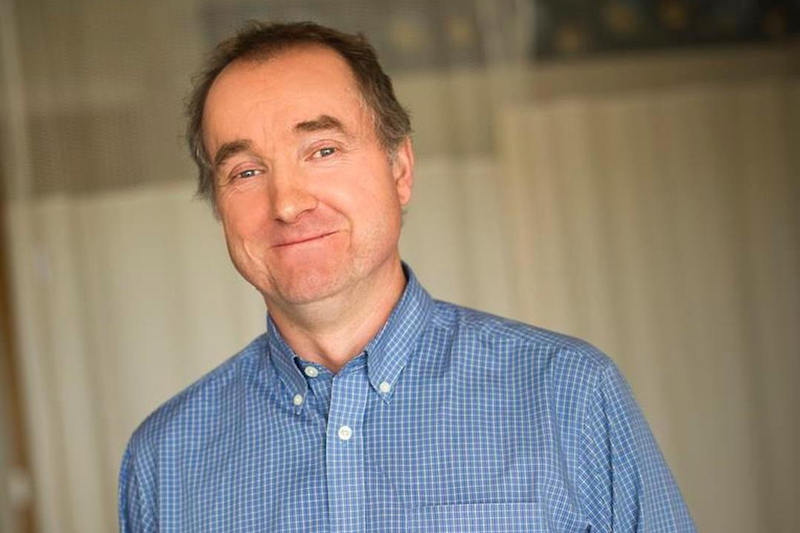Features
From 150 to zero seizures
Published on July 8, 2019 by David Wylie

Eight-year-old Ben Sanderson used to suffer 150 seizures a day.
Thanks to the medicinal benefits of CBD, the seizures have stopped.
Ben was part of a recent study involving cannabis on kids who suffer from severe seizures, but aren’t helped by traditional treatments.
The results were positive.
“I was seeing the change in Ben every single day. I was thankful as I watched his little personality come out. He was back to his silly self that I hadn’t seen in years. He was stronger,” says his mother Allyssa Sanderson.
“I believe this research is one of the greatest things to happen for kids with epilepsy,” she says. “Ben was very lethargic and would just lay there and have seizures all day. He wasn’t active and didn’t even want to eat. His eyes looked dull, and he didn’t focus on anything. He really looked lifeless,” Sanderson explained. “I knew this trial was a last resort for my son.”

Dr. Richard Huntsman, a pediatric neurologist, led the research.
95% CBD, 5% THC
The recent study from the University of Saskatchewan, published in Frontiers in Neurology, confirms anecdotal evidence and early research showing that CBD reduces — and in some case eliminates — seizures in children with severe epilepsy.
Researchers found medicinal cannabis oil containing 95% CBD and 5% THC has a significant impact on children with severe, drug-resistant epilepsy.
“What makes these results really exciting is it opens up as a treatment option for kids who have failed to respond to traditional medications,” said Dr. Richard Huntsman, a pediatric neurologist who led the study.
Three of the seven children who were part of the research stopped having seizures altogether.
One child in the study had experienced 1,223 in the month leading up to the study.
“Some of the improvements in quality of life were really dramatic with some of the children having huge improvements in their ability to communicate with their families. Some of these children started to talk or crawl for the first time. They became more interactive with their families and loved ones,” said Huntsman.
Fighting stigmas
Many children who would benefit from CBD can’t access it because there is very little guidance for physicians on which doses to use and health-care providers are concerned about possible intoxication from THC.
The study found no evidence of intoxication.
“What is really important is that we have been able to dispel in a scientific manner some of the concerns about how to dose these products and the possibility of them causing a ‘high’ in these children. We did this by slowly increasing the dose of cannabis extract in a very tightly regulated manner. We watched the children very closely for side effects and measured blood levels of CBD and THC,” said Huntsman.
The children had drug-resistant epilepsy, failing to respond to at least two forms of anti-convulsant medication.
Leave a comment on our Facebook page.
© Copyright 2019 Okanagan Z. | About the oz.
Report a Typo or Inaccuracy
We strive to avoid typos and inaccuracies. However, on occasion we make mistakes. We value your contributions and help in correcting them.